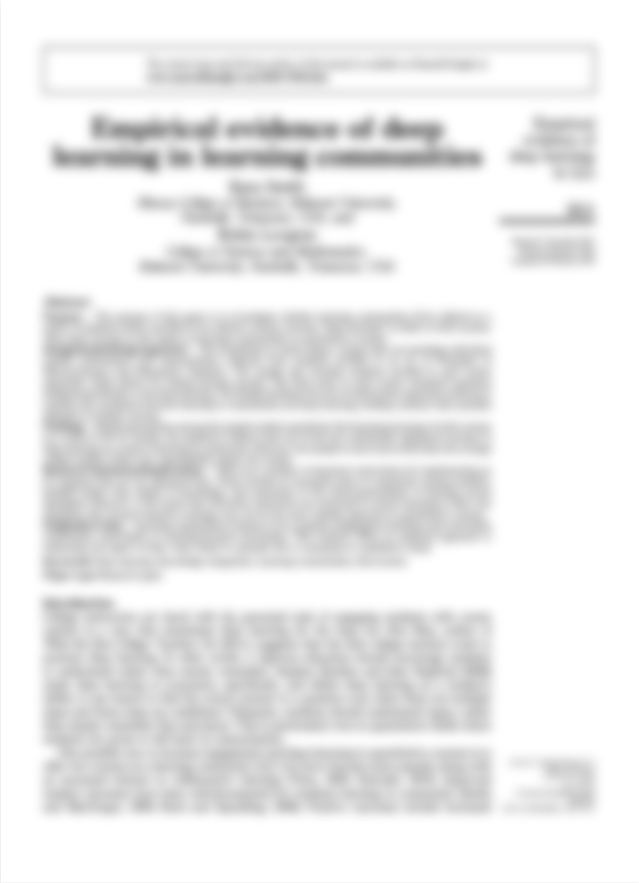You might have access to the full article...
Try and log in through your library or institution to see if they have access to the full text.

You may have access to the free features available through My Research. You can save searches, save documents, create alerts and more. Please log in through your library or institution to check if you have access.

If you log in through your library or institution you might have access to this article in multiple languages.

Styles include MLA, APA, Chicago and many more. This feature may be available for free if you log in through your library or institution.

You may have access to it for free by logging in through your library or institution.

You may have access to different export options including Google Drive and Microsoft OneDrive and citation management tools like RefWorks and EasyBib. Try logging in through your library or institution to get access to these tools.

Select results items first to use the cite, email, save, and export options
You might have access to the full article...
Try and log in through your library or institution to see if they have access to the full text.

